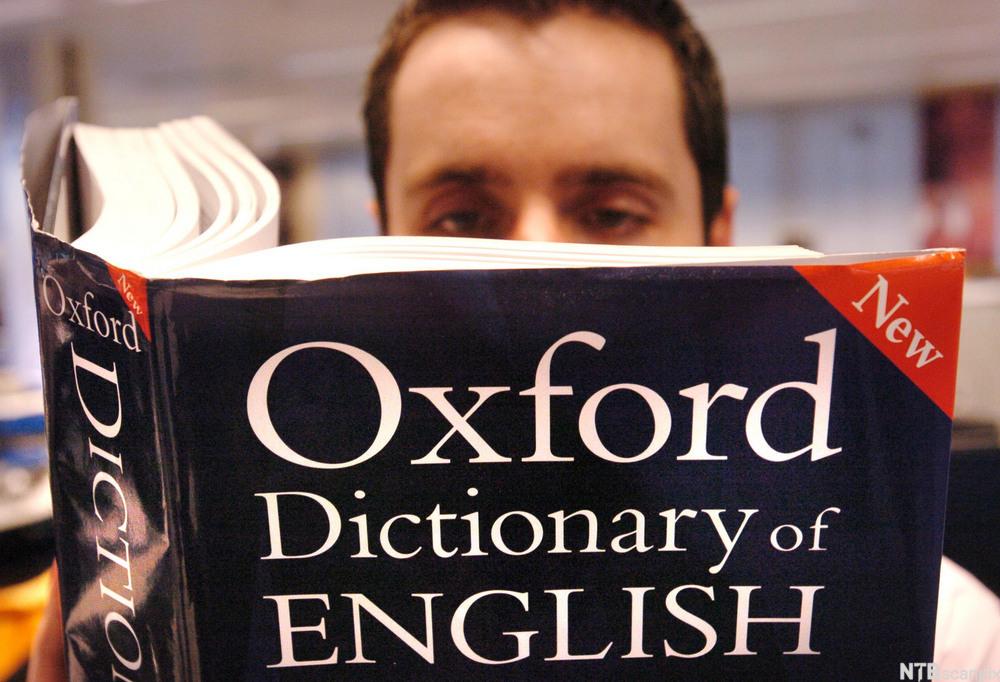Fagartikkel
Indefinite Pronouns and Determiners
English has a large set of words which refer to indefinite quantities, or to definite but unknown people and objects. If they occur alone, they are pronouns, if they occur in front of a head noun, they are determiners.

Bilde: Ian Nicholson / CC BY-NC-SA 4.0
Here is a list of some of the most common. Their use is determined by slightly different rules. See below.
Much, (a) little, all, some/any, a lot, many, several, others, loads of, (a) few, somebody/anybody, something/anything, someone/anyone, somewhere/anywhere, nobody, no, none, either, neither.
- Several cars had ended up in the snowdrifts. --- (determiner in front of a countable plural noun)
- A lot of work had been put into the project. --- (determiner in front of an uncountable noun)
- Nothing could stop him from trying. --- (pronoun)
- I’d prefer some wine, please. --- (determiner in front of an uncountable noun)
- There isn’t much hope of finding them. --- (determiner in front of an uncountable noun)
- Have you met any relatives yet? --- (determiner in front of a countable noun)
- No, I haven’t seen any? --- (pronoun)
English has double sets of words corresponding to the Norwegian ‘noe/noen’
Their use follows this pattern. Some-words are used in positive declarative sentences or when we expect an affirmative answer (yes) to an interrogative. Any-words appear in interrogative and negative contexts.
- I left some of them for him to look at.
- Has anything been done yet?
- She’d never heard anything like it.
- Do you know if anything has happened to him? (speaker is neutral)
- Do you know if something has happened to him? (speaker expects an affirmative answer)
- This is totally different from anything I’ve seen so far. (sentence is indirectly negative)